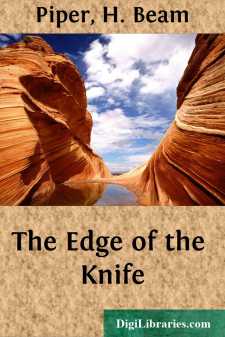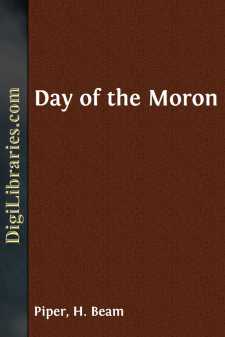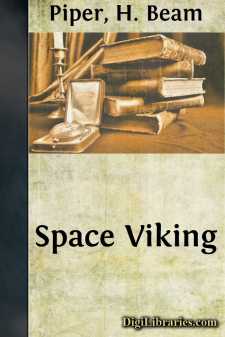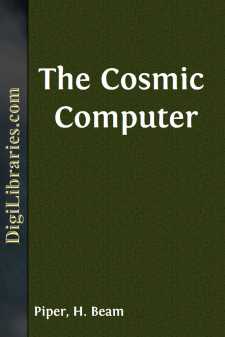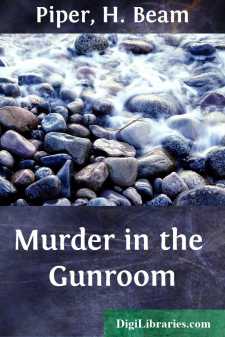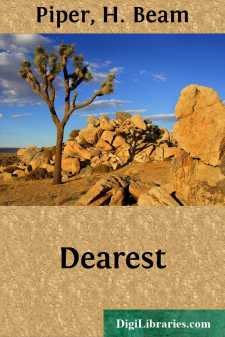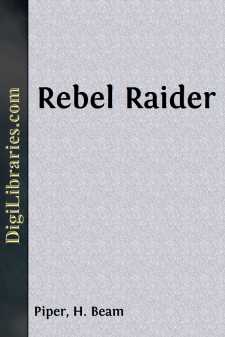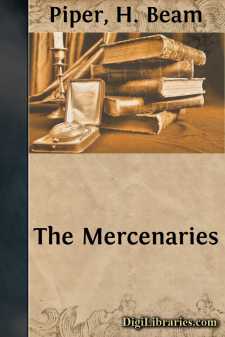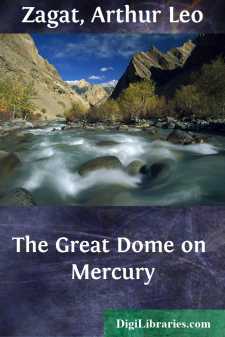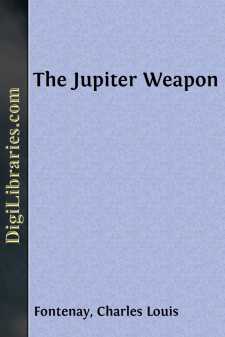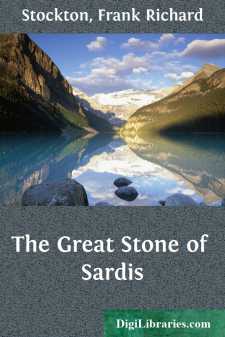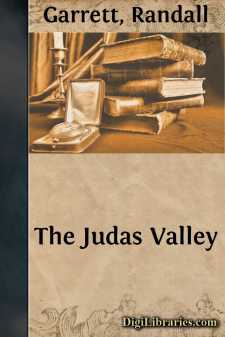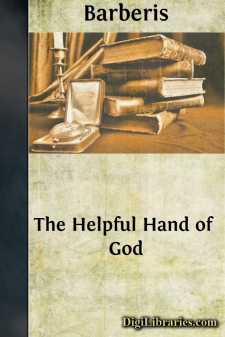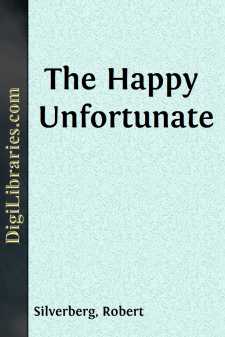Categories
- Antiques & Collectibles 13
- Architecture 36
- Art 48
- Bibles 22
- Biography & Autobiography 813
- Body, Mind & Spirit 142
- Business & Economics 28
- Children's Books 14
- Children's Fiction 11
- Computers 4
- Cooking 94
- Crafts & Hobbies 4
- Drama 346
- Education 46
- Family & Relationships 57
- Fiction 11829
- Games 19
- Gardening 17
- Health & Fitness 34
- History 1377
- House & Home 1
- Humor 147
- Juvenile Fiction 1873
- Juvenile Nonfiction 202
- Language Arts & Disciplines 88
- Law 16
- Literary Collections 686
- Literary Criticism 179
- Mathematics 13
- Medical 41
- Music 40
- Nature 179
- Non-Classifiable 1768
- Performing Arts 7
- Periodicals 1453
- Philosophy 64
- Photography 2
- Poetry 896
- Political Science 203
- Psychology 42
- Reference 154
- Religion 513
- Science 126
- Self-Help 84
- Social Science 81
- Sports & Recreation 34
- Study Aids 3
- Technology & Engineering 59
- Transportation 23
- Travel 463
- True Crime 29
The Edge of the Knife
by: H. Beam Piper
Categories:
Description:
Excerpt
There was no past—no future—only a great chaotic NOW.
"In 1973, at Basra." There was a touch of impatience in his voice; surely they ought to know that much. "He was shot, while leaving the Parliament Building, by an Egyptian Arab named Mohammed Noureed, with an old U. S. Army M3 submachine-gun. Noureed killed two of Khalid's guards and wounded another before he was overpowered. He was lynched on the spot by the crowd; stoned to death. Ostensibly, he and his accomplices were religious fanatics; however, there can be no doubt whatever that the murder was inspired, at least indirectly, by the Eastern Axis."
The class stirred like a grain-field in the wind. Some looked at him in blank amazement; some were hastily averting faces red with poorly suppressed laughter. For a moment he was puzzled, and then realization hit him like a blow in the stomach-pit. He'd forgotten, again.
"I didn't see anything in the papers about it," one boy was saying.
"The newscast, last evening, said Khalid was in Ankara, talking to the President of Turkey," another offered.
"Professor Chalmers, would you tell us just what effect Khalid's death had upon the Islamic Caliphate and the Middle Eastern situation in general?" a third voice asked with exaggerated solemnity. That was Kendrick, the class humorist; the question was pure baiting.
"Well, Mr. Kendrick, I'm afraid it's a little too early to assess the full results of a thing like that, if they can ever be fully assessed. For instance, who, in 1911, could have predicted all the consequences of the pistol-shot at Sarajevo? Who, even today, can guess what the history of the world would have been had Zangarra not missed Franklin Roosevelt in 1932? There's always that if."
He went on talking safe generalities as he glanced covertly at his watch. Only five minutes to the end of the period; thank heaven he hadn't made that slip at the beginning of the class. "For instance, tomorrow, when we take up the events in India from the First World War to the end of British rule, we will be largely concerned with another victim of the assassin's bullet, Mohandas K. Gandhi. You may ask yourselves, then, by how much that bullet altered the history of the Indian sub-continent. A word of warning, however: The events we will be discussing will be either contemporary with or prior to what was discussed today. I hope that you're all keeping your notes properly dated. It's always easy to become confused in matters of chronology."
He wished, too late, that he hadn't said that. It pointed up the very thing he was trying to play down, and raised a general laugh.
As soon as the room was empty, he hastened to his desk, snatched pencil and notepad. This had been a bad one, the worst yet; he hadn't heard the end of it by any means. He couldn't waste thought on that now, though. This was all new and important; it had welled up suddenly and without warning into his conscious mind, and he must get it down in notes before the "memory"—even mentally, he always put that word into quotes—was lost. He was still scribbling furiously when the instructor who would use the room for the next period entered, followed by a few of his students....


